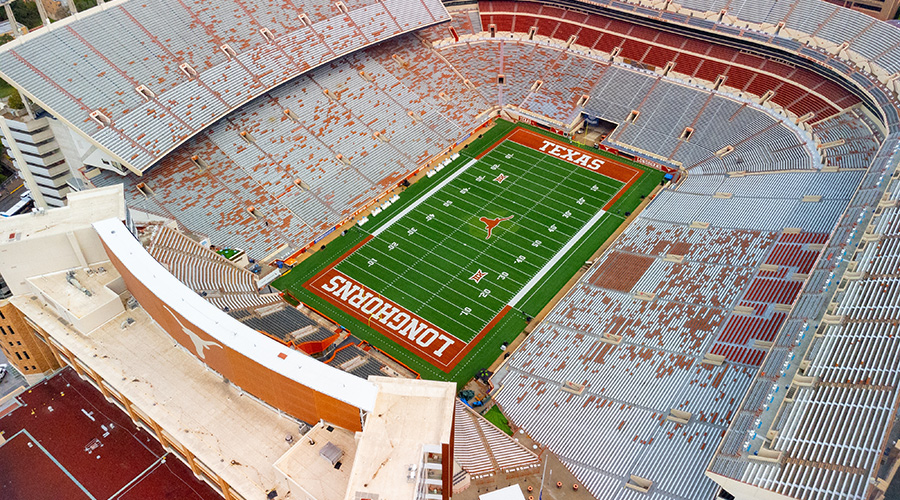Sharing Resources Results in Money-Saving Measures for Michigan State
With the ability to charge other campus entities for services and materials, Beaumont Depot has provided additional revenue opportunities for the department and created jobs. The university also has kept costs down by recycling items such as topsoil, compost, asphalt and concrete.
“For example, we pay $5 to $6 per square foot to install a 6-inch concrete sidewalk,” Lawver says. “Then at some point in the future, that same sidewalk costs $1 or $2 per square foot to demolish and haul off campus.
“What we couldn’t do before we established this operation was repurpose that university asset to be recycled and crushed into aggregate sub-base and reinstall it under new roadways and parking lots on campus. Now we are able to collect, crush, and reuse (products) back on projects for $9-10 per ton, including a 20 percent material markup, rather than purchasing virgin materials at a higher cost of $11 to $13 per ton. Financially, it makes sense, and from a sustainability standpoint, it makes even more sense.”
To ensure long-term growth, the department was conservative with its hiring practices and fee structure.
“At some point in the future, we are predicting that we’ll reach our critical mass and be able to reduce the 20 percent material markup to a lower percentage,” Lawver says. “We have been very lean, not only with our labor resources but also with equipment. We’ve hired temporary staff positions rather than full-time positions and have rented equipment rather than purchased. We are aware that most businesses fail in the first five years. We don’t want to be one of them.”
Related Topics:















